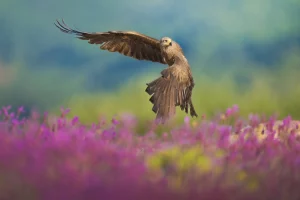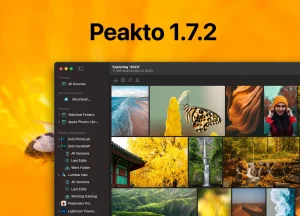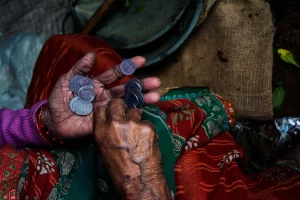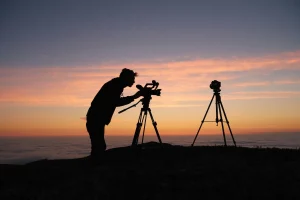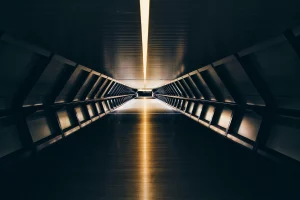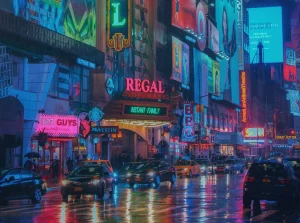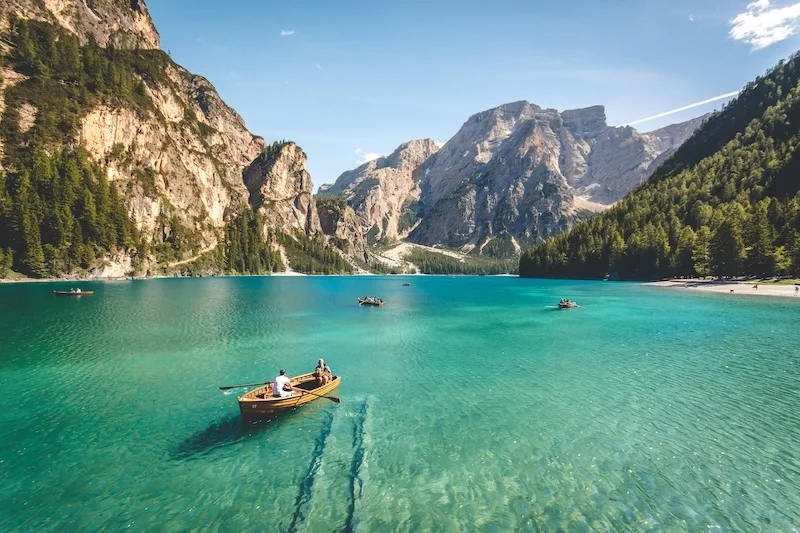By day, Gregory Escande is a French teacher, but outside his busy schedule in a foreign country, he has found a remarkable way to capture the beauty of everyday life through street photography. Stationed on the bustling streets of Maputo, the capital of Mozambique and a key hub of growth in Africa, he skillfully captures the daily lives of its residents in a vibrant and minimalist fashion. Join us for a colorful immersion into the warmth of South-East Africa.
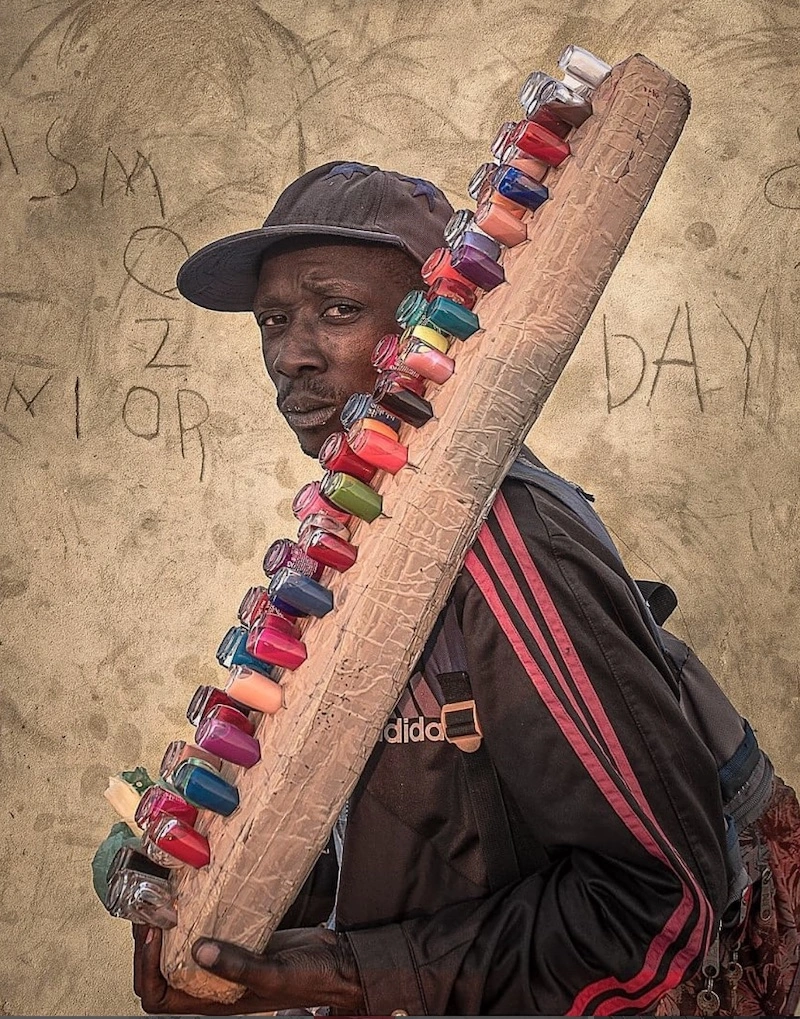
Can you tell us more about yourself and your vision of photography?
My name is Gregory Escande and I have been practicing photography for about 25 years. I started studying Fine Arts at the University of Aix-en-Provence and artists such as Duane Michals, Diane Arbus, Richard Avedon, Robert Mapplethorpe, and Nan Goldin have inspired me. I don’t have a single vision of photography, I like many things and different approaches in photography as well as in the history of art.
“I consider photography more as an instrument with which you can do a lot of very different things and show your own sensitivity, express yourself. Or simply freeze time, faces.”
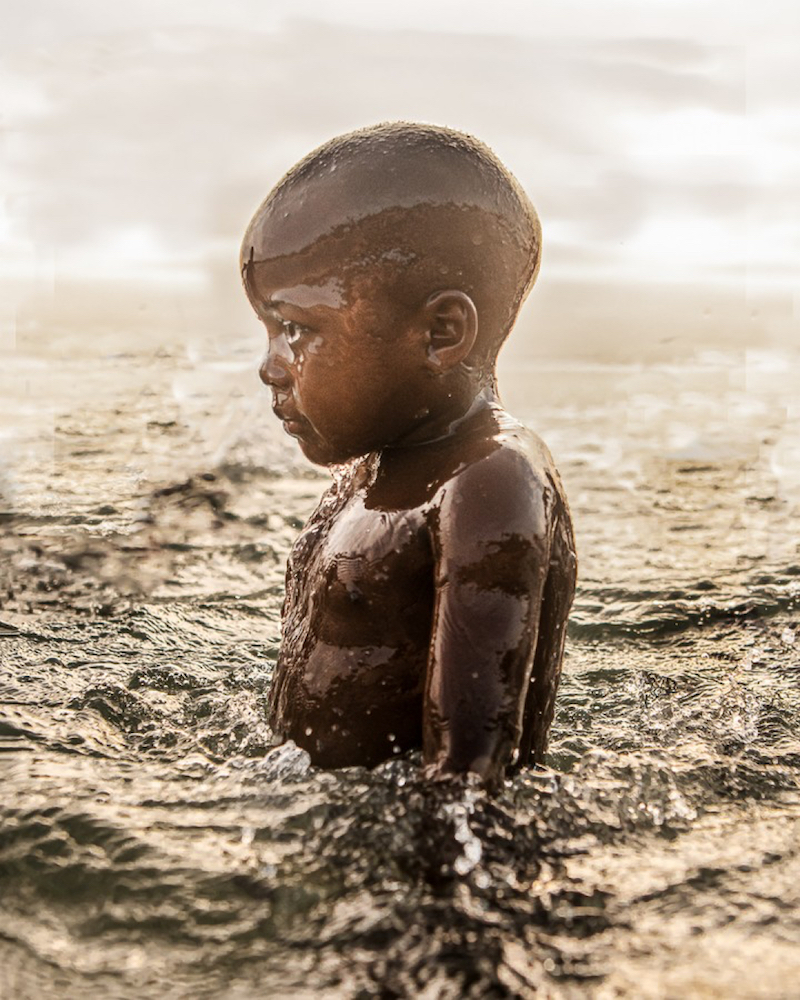
What inspired your passion for photography?
A friend introduced me to the photo lab and I immediately loved shooting, developing films, and contact sheets. I like photography as much as I like images and stories in general, whether it’s in cinema, comics, painting, books, etc.
Photography sometimes seems to me a restrictive, cold, distant art, perhaps by its mechanical nature, and I prefer the physical sensation, the material, the texture that painting and sculpture offer. But photography has the merit of being now a more accessible, more immediate, and easier art than other arts, which also allows for experimentation, to be different. Also, shooting can offer, in some cases, exchanges and stories.
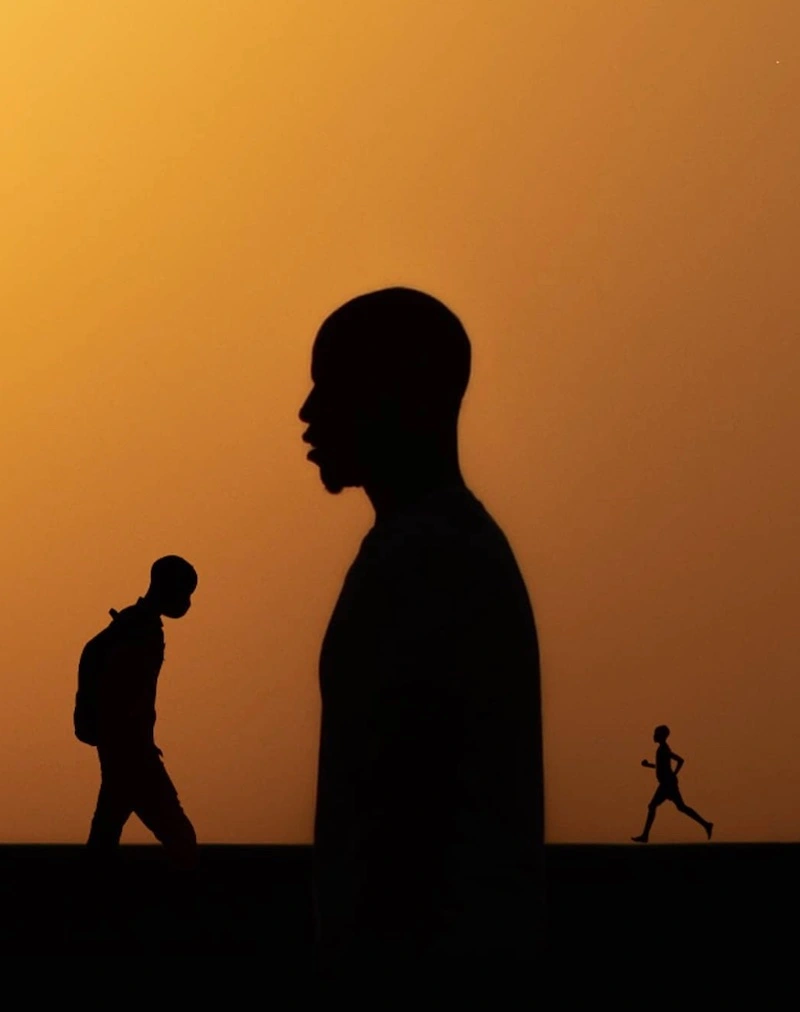
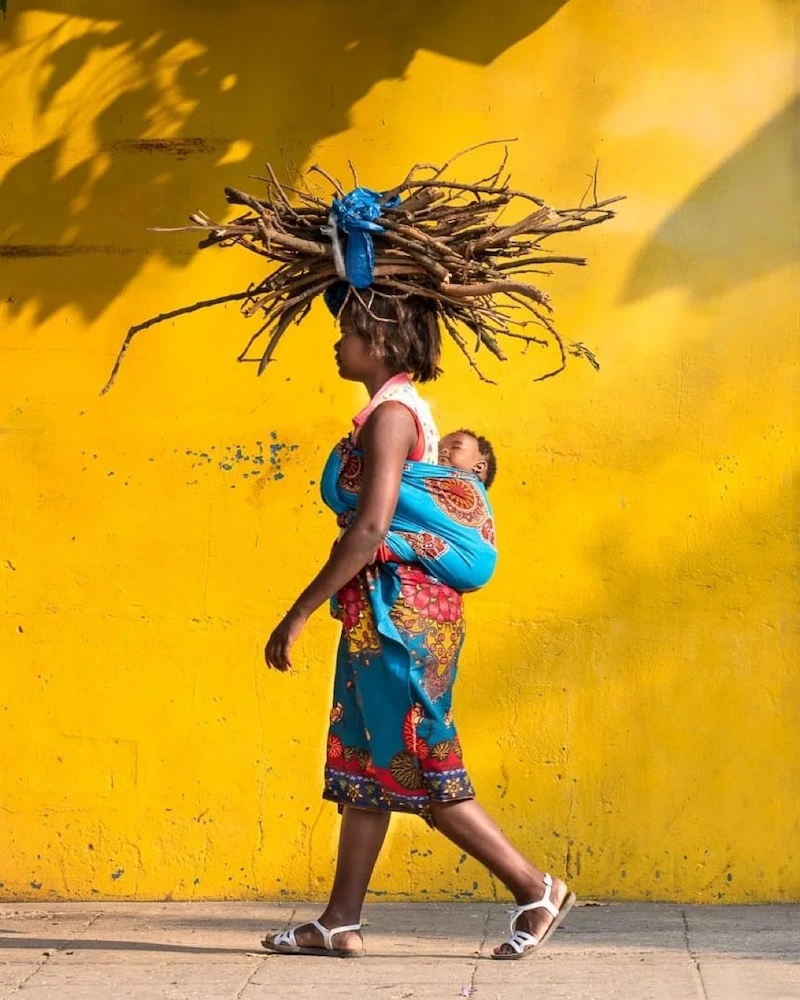
How do you capture detailed compositions in spontaneous street photos depicting daily life in Mozambique?
I like a lot of things in street photography: the naturalness, the documentary aspect, the possibility of telling a story, the unexpected, the decisive moment, the randomness, the everyday life, the beauty in simple and direct things. For me, it’s all about composition and balance, I feel a certain classicism in my street portraits, perhaps also minimalism. I like to detach my subject from everything else, hence my choice to isolate my subject with a plain background. But the most important thing, of course, remains the light.
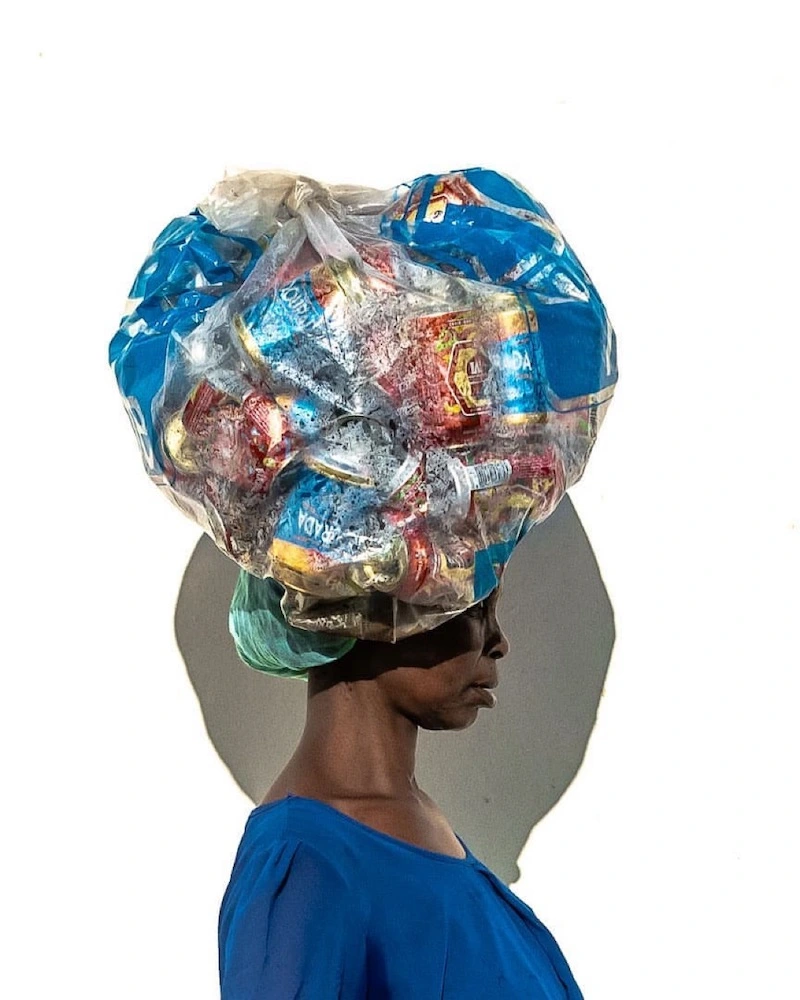
Your portraits are mostly in profile, why this choice?
Do you like Gregory's interview?

How does humor in your photos, with people obscured by objects they carry, evoke emotions or thoughts in viewers?
“I’m not necessarily looking for humor or to provoke thought, but I like to evoke a direct emotion in the viewer.”
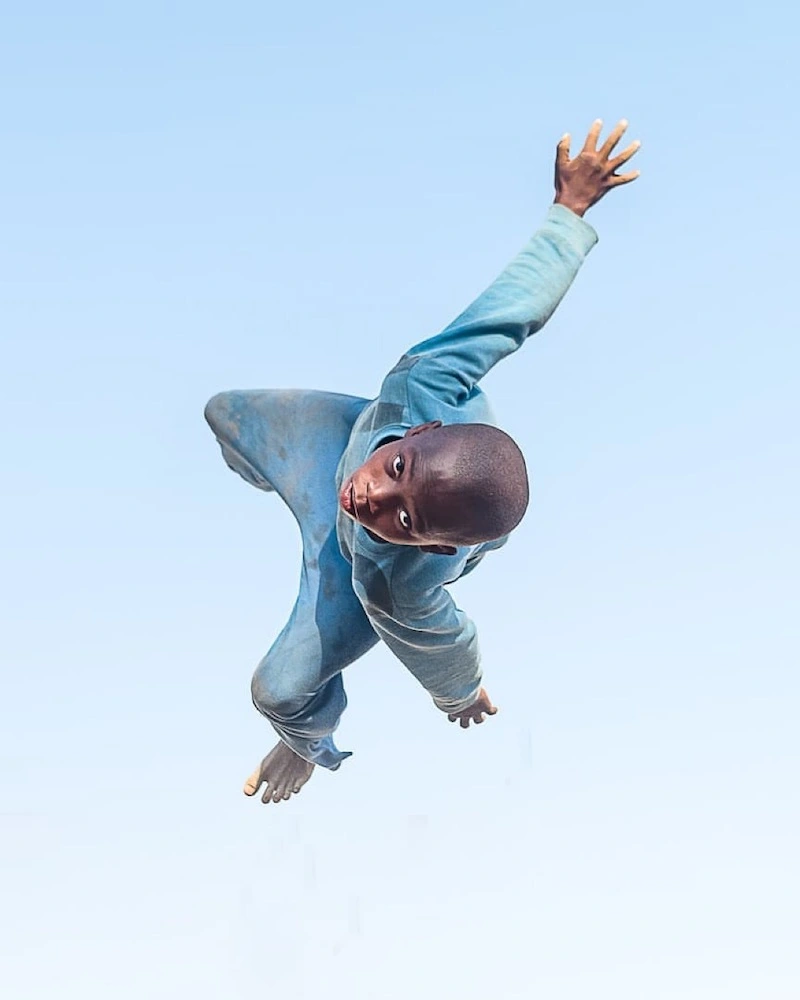
How did you experience this transition to digital, having experienced the darkroom?
It’s actually very complicated, and it took me more than ten years. I continued with a film camera, while digital was beginning. I had taken time, because of the costs, to invest in a good film camera body, a very good fixed focal length lens, both second-hand, and then it was outdated by digital.
I still had a small digital camera, to take pictures of my growing children. I started with a small Sony Cybershot, then a Canon G16, but only after a few years was I able to invest in a digital camera body and quality lenses.
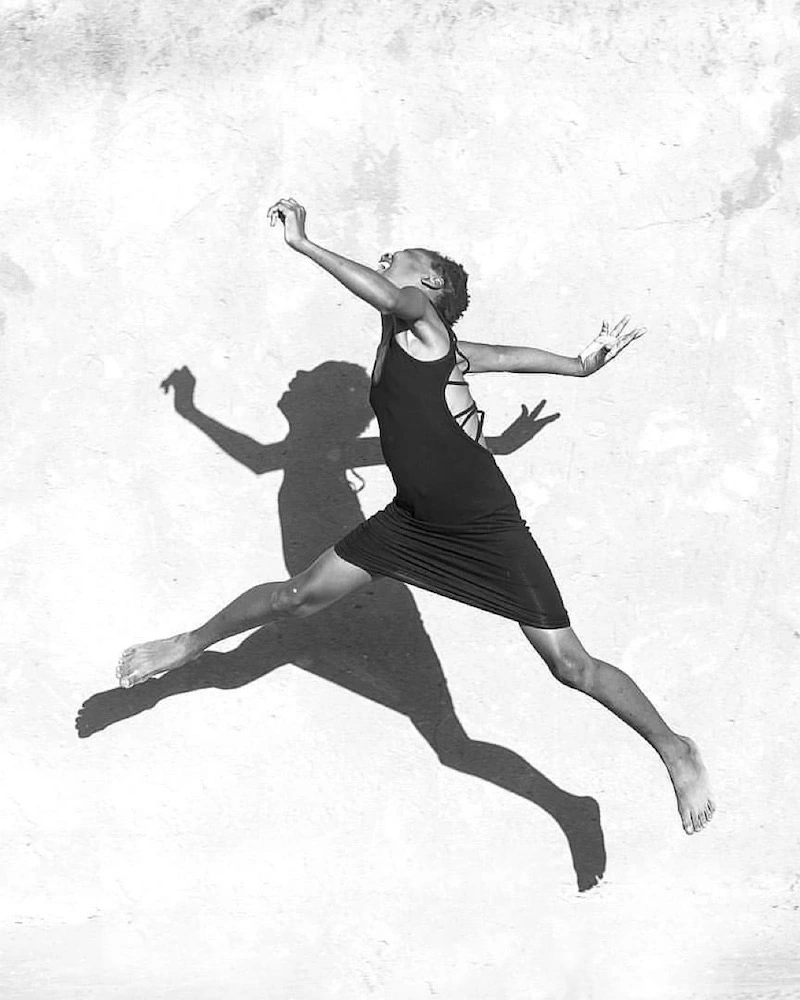
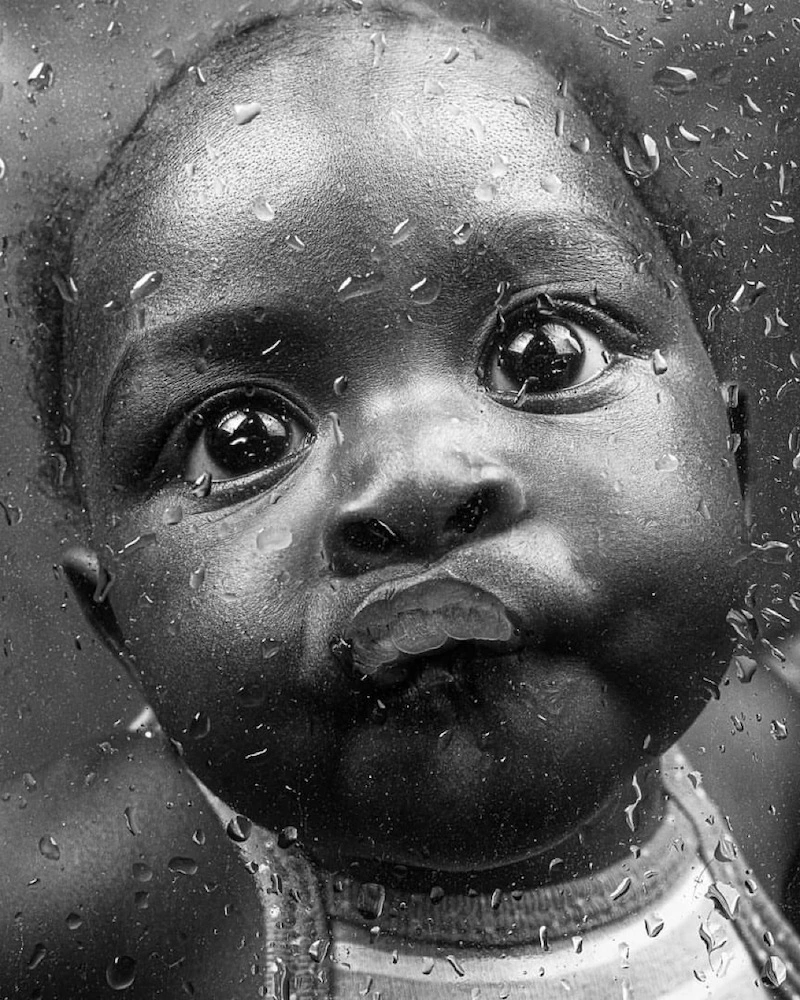
What kind of photographic equipment do you use for your work?
Does this interview inspire you?
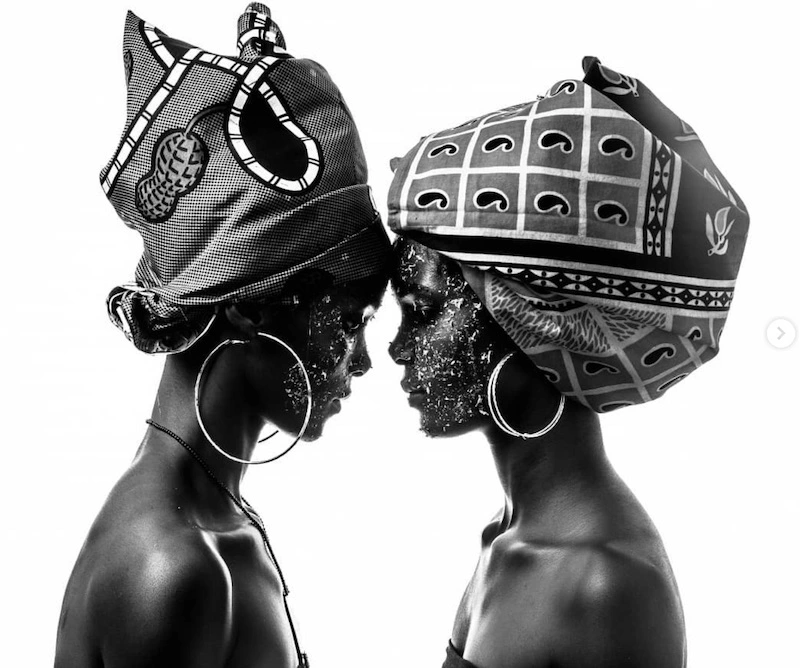
Could you describe your approach to post-processing and your task organization as a photographer?
Like most photographers, I use the Lightroom/Photoshop duo. Lightroom mainly for storage and organization, and Photoshop for editing. I enjoy using retouching, I like to exploit the possibilities offered by Photoshop, some purists in photography might reject Photoshop, and I perfectly understand that approach. But for me, photography is also that, retouching, after all, photographers retouched their photos in the lab too, it was much longer, more tedious, costly and difficult.
Now with Photoshop it’s relatively easy if you know a few techniques and tools. I also like artists like Man Ray who use photography as a medium, or artists who use collage, or digital collage.
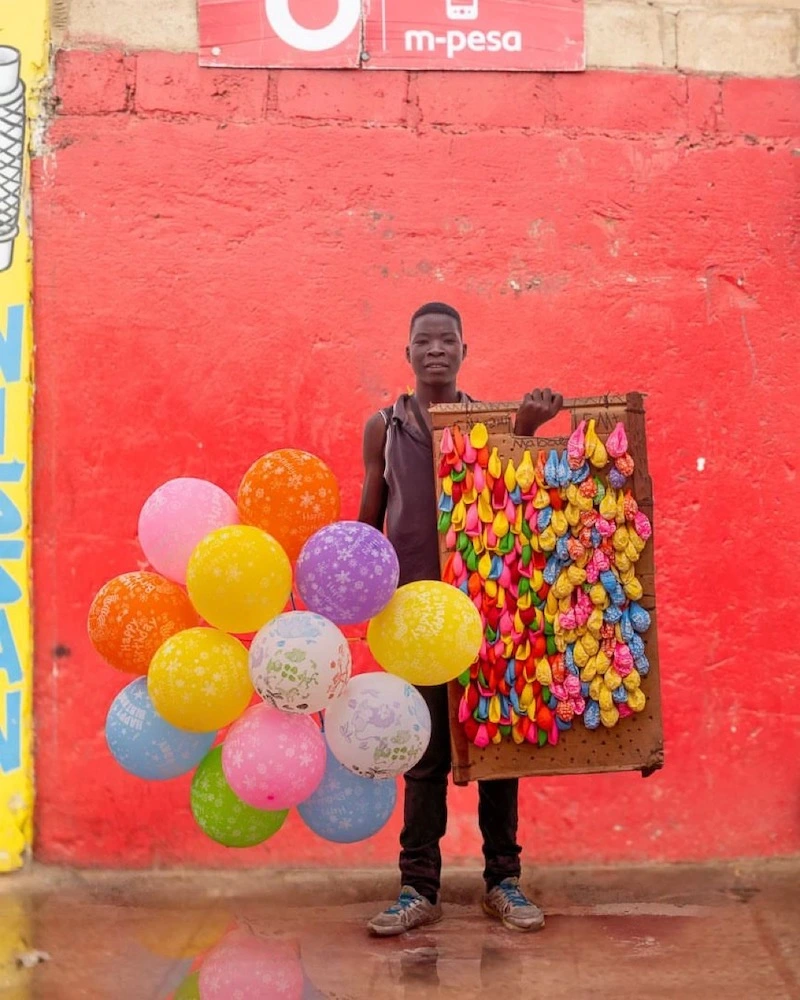
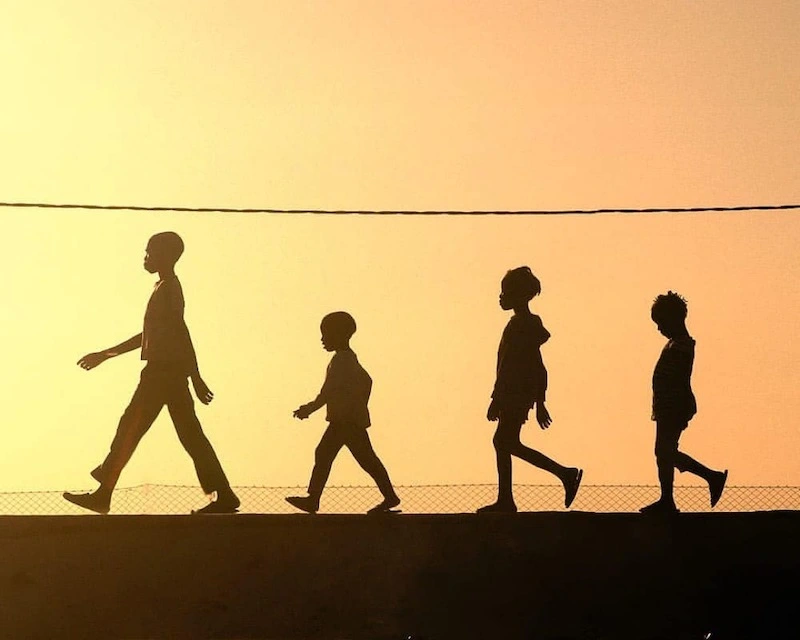
What advice would you give to a young photographer starting in this field?
The best advice I could give, I think, is to train and sharpen their eye, or their gaze. For composition, light, artistic approach, subject, and everything else, in my opinion, it is necessary to study the great masters of the Renaissance and Baroque, closely study these paintings, the artistic movements, including the movements of the 20th century, and of course, pay attention to the great masters of 20th-century and contemporary photography. When I studied Fine Arts, that’s where I think I soaked up images, and I trained my eye, thanks to books in libraries. Now there is the Internet.
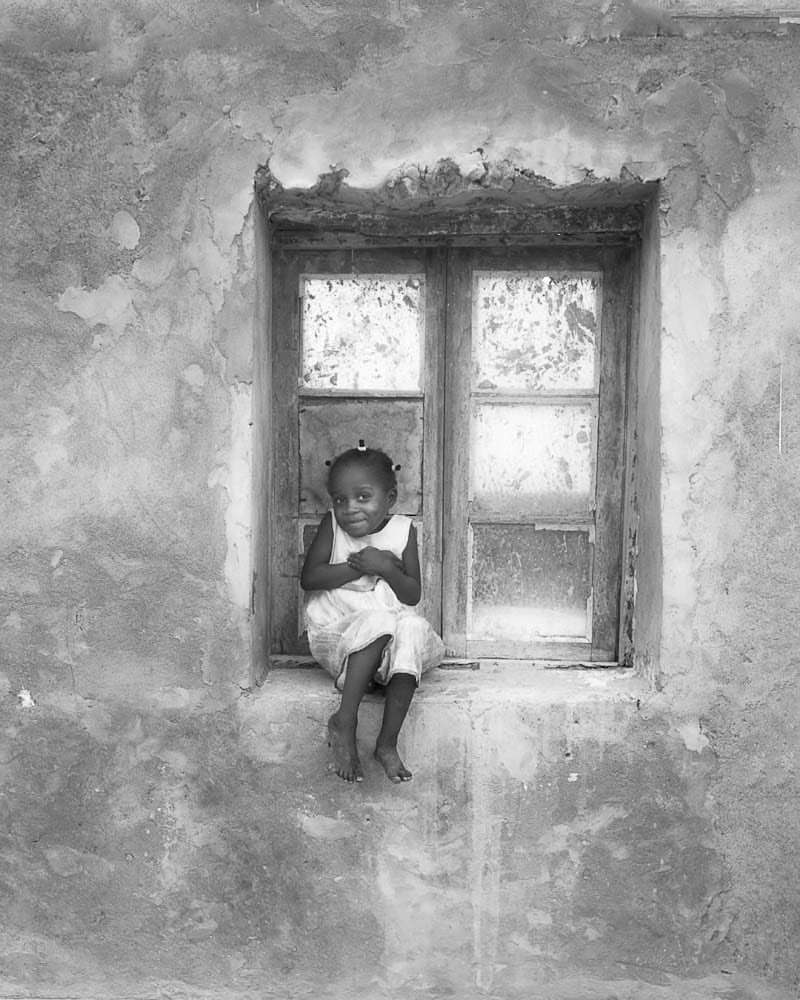
Extend this moment with Gregory Escande by following him on Instagram.
Photo credit: © Gregory Escande




